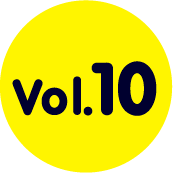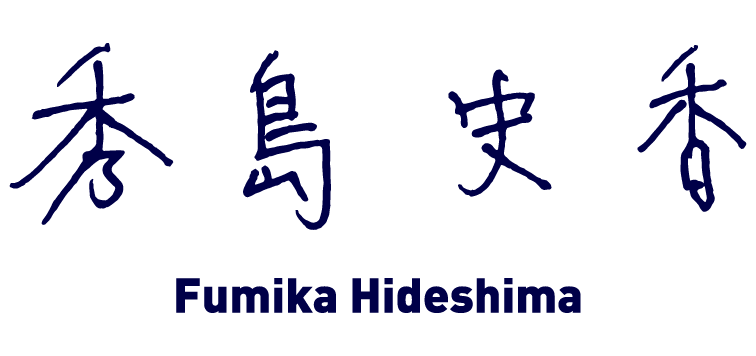What does it mean to write? Writing is a very simple task one can do with only a pen and paper. And yet, there’s an incredible amount of power to it, such as expressing your feelings to someone, gathering your thoughts into one place, leaving behind a record of present events to look back on in the future . . .
We’ll be using the Hobonichi Techo 2019 release to take another look at the action of writing, pondering and discussing what makes it so fun and what makes it so mysterious.
In this special article, we’ve taken a closer look at 10 people who draw and write in their professional or personal lives, checking out their favorite writing tools and hearing all about their writing process. We hope you enjoy reading all about the wide variety of approaches to writing.
What does it mean to write?


“If I don’t write down something as soon as I think of it, I’ll feel like I’ve got no ammo when it really counts.”
Radio DJ Fumika Hideshima takes notes on whatever memo paper is within reach to make sure she remembers everything that come to mind. Whether it’s her usual planner, the script from her live radio show, a receipt, or the back of a ticket, if it’s paper, she’ll use it. We met up with her in her studio, where she broadcasts her live Sunday morning show.
ProfileFumika Hideshima
Radio DJ, narrator. Born 1975 in Chigasaki City, Kanagawa prefecture. Made debut as a DJ while studying at Keio University. Active as a DJ for FM radio, narrator for TV shows, commercials and audio books, interpreter, subtitle translator, writer, and more. Currently part of the FM Yokohama Shonan by the Sea radio program.




